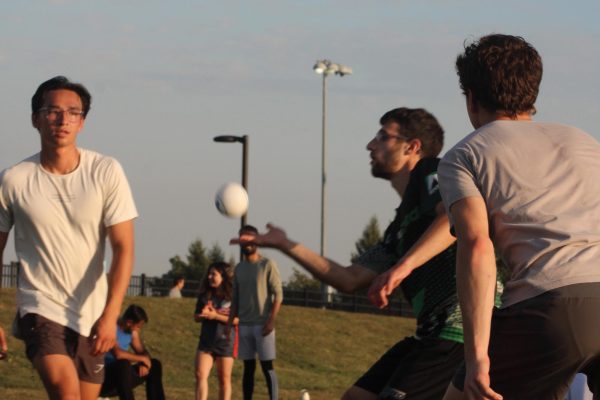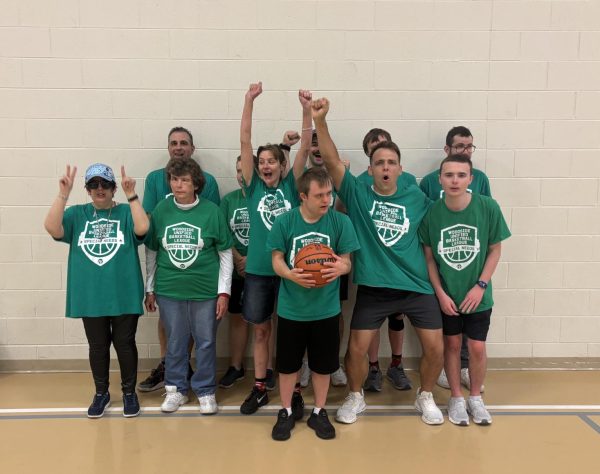Hiding behind a screen: The dangers of anonymous apps
A new feature was added to Yik Yak March 8 that allows people to create and use screen names when posting.
Yik Yak is an app that allows users to anonymously post to others within a few miles of them, according to The Huffington Post.
The founders of the app said that in addition to increasing engagement and attracting new users, they hope the use of screen names will lessen trolling. Trolling is defined as purposefully antagonizing others on the internet, according to Urban Dictionary.
There are other anonymous apps available, such as Secret and Whisper. However, Yik Yak is particularly popular among college students.
Ninety-eight percent of its users are ages 18 to 34, according to comScore, a cross-platform measurement company that measures audiences and consumer behavior. Of the 20 apps they looked at in this study, Yik Yak had the highest concentration of Millennials.
The anonymity of these social media platforms give people something to hide behind. Some take advantage of this, feeling free to say things that are racist, misogynistic, homophobic or just plain mean.
Keith Ablow, psychiatrist and member of the Fox News Medical A-Team, stated that Yik Yak is the most dangerous app he has ever seen.
“Psychologically, Yik Yak actually removes all pretense of being a person with empathy, genuinely connected to other human beings,” he said on Fox News.
This app has fueled many incidents over the years since its launch in November 2013, according to Business Insider.
A notable one was in November 2015, when the University of Missouri dealt with major problems of racism, partly because of comments posted on the app.
Many threats were made against black students. Some said, “It’s time for the south to rise again,” and that some students were ready “for someone to get hit with a brick,” according to The Huffington Post.
One student was even arrested for allegedly posting threats.
Many other campuses across the nation have had reports of unacceptable comments. One user at Kenyon College suggested a gang rape at the school’s Women Center, according to The New York Times.
Things hit closer to home with an incident at Eastern Michigan University, where three female professors were horrified to discover crude and sexually explicit “yaks” about them from students. The women stated that they felt verbally abused and sexually harassed.
While some may play them off as jokes, posts on these anonymous forums can have very real negative consequences.
Stanford psychiatrist Elias Aboujaoude agreed with the dangers.
“It’s a problem with the Internet culture in general, but when you add this hyper-local dimension to it, it takes on a more disturbing dimension. You don’t know where the aggression is coming from, but you know it’s very close to you,” he told The New York Times.
Hopefully the addition of usernames will help to limit problems on Yik Yak.
Vee Fyer-Morrel, a columnist from The Bowdoin Orient, summed it up well.
“A generation of people who take responsibility for their actions would be better than a generation of people who lash out from behind the anonymous comfort of a screen,” she said.
While some may still feel these apps are entertaining and harmless, it’s important to remember that posts really do have consequences.





